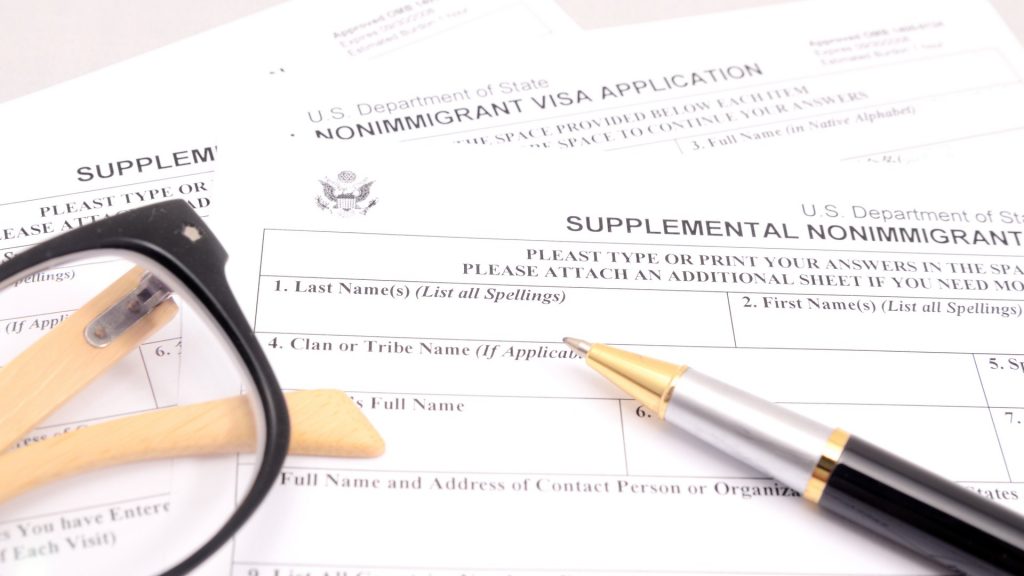President Donald Trump extended a pair of proclamations late last week that bar individuals from entering the U.S. as immigrants and suspend entry of certain employment-based nonimmigrant visa holders.
The two orders were originally set to expire on Dec. 31 but will now be in effect until March 31, 2021.
Trump claimed the extensions were necessary because “the effects of COVID-19 on the United States labor market and on the health of American communities is a matter of ongoing national concern.”
President-Elect Joe Biden has the option to terminate the bans following his inauguration on Jan 20. Biden, however, has not commented publicly about his plans.
Proclamation barring entry of immigrants
The order barring entry of immigrants was first issued by Trump in late April 2020 and only impacts foreign nationals entering the U.S. for the first time as permanent residents.
The order does not apply to current U.S. permanent residents (green card holders), nor to individuals that are in the U.S. applying for adjustment of status to become permanent residents.
That order also includes exemptions and exceptions for:
- Any lawful permanent resident of the United States
- Spouses and children (under 21) of U.S. citizens
- Healthcare workers, such as physicians, nurses or medical researchers
- Individuals applying for a visa through the EB-5 Immigrant Investor Program
- Any foreign national whose entry “would further important United States law enforcement objectives” or “would be in the national interest”
- Individuals with an already approved green card
Proclamation barring entry of certain employment-based nonimmigrant visa holders
In late June 2020, Trump issued a proclamation temporarily barring the entry of certain employment-based nonimmigrant visa holders.
That proclamation applies only to foreign nationals who:
- Were outside of the U.S. the day the proclamation took effect (June 24);
- Do not already have a valid H-1B, L-1, H-2B or J visa stamp in their passport (if seeking entry in one of those categories); and
- Do not have an official travel document other than a visa (such as a transportation letter, an appropriate boarding foil or an advance parole document) that is valid on the effective date of the proclamation or issued on any date thereafter that permits them to travel to the United States and seek entry or admission.
The proclamation also includes exceptions for:
- Any lawful permanent resident of the United States
- Any foreign national who is the spouse or child of a United States citizen
- Any foreign national seeking to enter the United States to provide temporary labor or services essential to the United States food supply chain
- Any foreign national whose entry would be in the “national interest”
The attorneys at Garfinkel Immigration Law Firm are monitoring the situation closely and will alert clients as the situation evolves.

